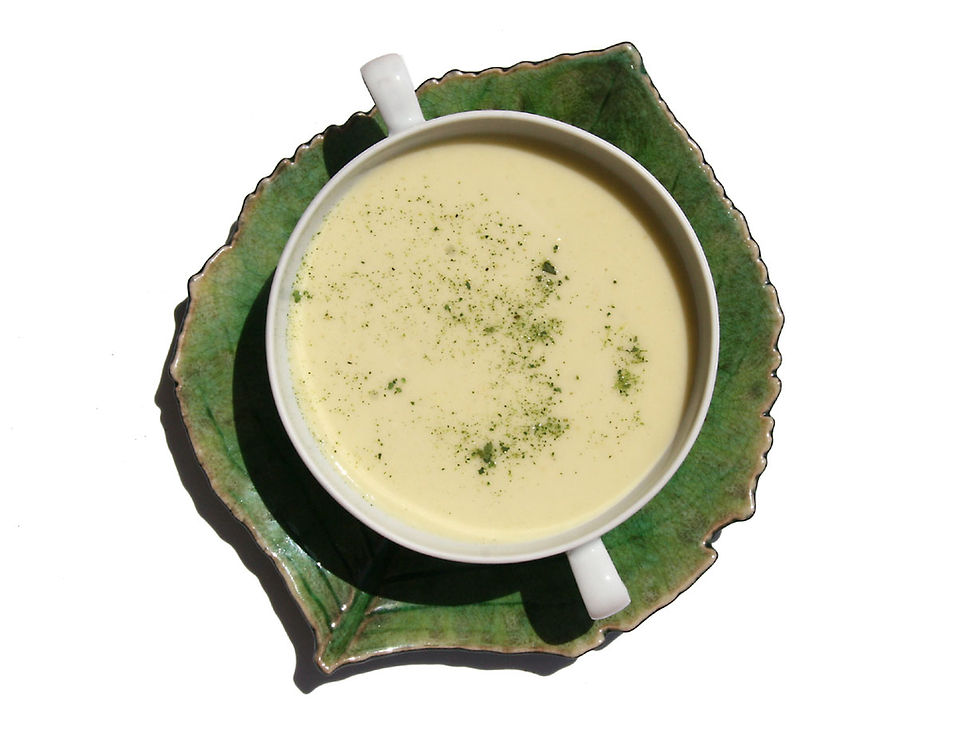Dry kaffir lime leaves in the microwave ?
- ann
- May 11, 2022
- 1 min read
Updated: Sep 18, 2023
A Thai team studied (2022) drying of kaffir lime leaves in a rotary microwave assisted dryer. It is the type of dryer where high power microwaves (2000 W) assist the drying which lasts 2 hours with an orientation at 60°.
The aim of the study is the production of large quantities of dried leaves with minimal degradation in quality. Yet even with this method there is a real loss in quality.
Compared to oranges, lemons and limes, kaffir lime has the highest content of antioxidants (flavonoids and phenolic compounds)
https://www.ajol.info/index.php/ajb/article/view/77908
The antioxidant potential of dry leaves with this method is 4.6 mg/mL
https://link.springer.com/article/10.1007/s13399-022-02722-8
and we know that that of the fresh leaf is of the order of magnitude of 22 mg/ml (5 times more)
http://scienceasia.org/2010.36.n2/scias36_112.pdf
There is no problem storing dried leaves nor phytosanitary barriers to enter the North American or European markets. However, I ask you : with such a dramatic loss in taste and health benefits, do dry leaves have anything to do with the fresh leaves ?





Comments